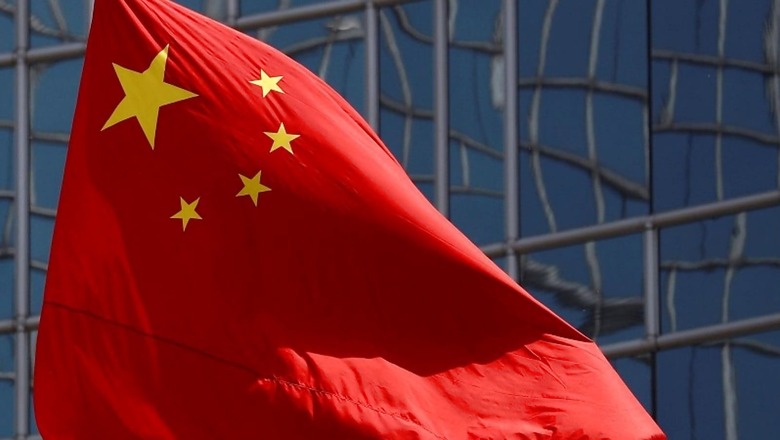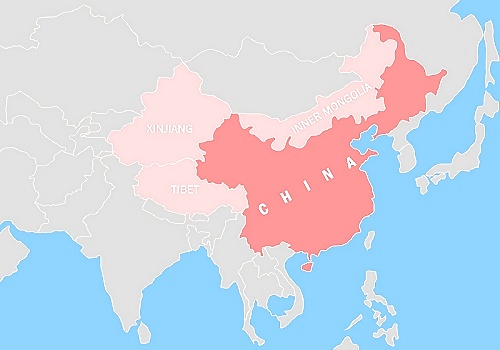
views
The touchingly naïve belief in Indian diplomatic circles is that India can only achieve its long-held ambition of a permanent seat at the UN Security Council by mollycoddling China. A part of this mollycoddling has involved an absolute acceptance of the One China policy to such an extent that sometimes the South Block mandarins seem stricter about it than Beijing’s mandarins. To this end, our babus refuse even informally meeting representatives of Taiwan or extending basic curtsies, such as wishing Taiwan, a fellow democracy, on major national events.
Of course, the very basis of this assumption is wrong. It beggars belief that China would somehow allow a country it considers a major headache to achieve equal status on the international stage. Ultimately, what the South Block needs to get is this—a carefully calibrated ending of the One China policy combined with agile transactionality will bring about Chinese compliance. If history is anything to go by, China responds only to sticks, seldom to carrots and never treats supplicants as equals.
ALSO READ | When Pakistan President Ayub Khan Heeded Chinese Advice on Kashmir & Paid the Price
History of Acting against India’s Interests
Let us first audit India’s China policy and what it has achieved so far. Starting from Nehru’s time, the belief was that China was a bigger power and therefore needed to be treated with certain deference. To quote Nehru himself, “Giants need to be treated like giants.” We all remember exactly how this policy of appeasement and deference ended up in 1962 when India itself became a victim of Chinese aggression.

Credit: News18
We then set 1962 behind, pretended nothing had happened, and continued with the policy of mollycoddling minus the public displays of camaraderie. The result of that policy was China supplying Pakistan with a nuclear programme that is probably bigger than ours, with a massive supply chain, a variety of warheads both big and small, and a plethora of ostensibly “Pakistani” missiles to deliver those nuclear warheads. In the 1990s, after China joined the NPT (Treaty on the Non-Proliferation of Nuclear Weapons), this behaviour continued albeit clandestinely, with China facilitating a network of design development and exchange between North Korea, Pakistan and Iran.
China’s record similarly on terrorism hasn’t exactly been stellar, consistently supporting Pakistani terror groups at the UN and frequently shielding them from international censure, as we have seen in the last few years, and blocking the declaration of certain individuals as international terrorists.
At the Nuclear Suppliers Group (NSG), China has been at the forefront of barring India’s entry. During the IAEA exceptions granted to India as part of the 2008 India-US nuclear deal, China was essentially acting as a rearguard and agent provocateur for smaller countries like Ireland and Austria. Then, in 2016 and 2019, China decided to act directly in blocking India’s entry to the NSG.
Audit of One China Policy is Must
In short, starting from 1949 when the People’s Republic of China was established, we have had a China that has actively sabotaged Indian interests and tried to harm her in every possible way. This policy has remained unchanged for the last 72 years, and yet curiously, India’s policy of grovelling appeasement has also continued for the last 72 years without accountability, audit or any form of introspection or course-correction.
ALSO READ | Vijay Gokhale Writes About the Death That Sparked Off Tiananmen Square Protests in China in 1989
It is high time that we carry out a proper audit of the China policy and draw clear cause-effect linkages. Any policy towards anyone that comprises only carrots and eschews sticks is never a good policy. The biggest stick in our option basket today is tinkering with the One China policy. Yet, that stick remains unavailable to us because of the fundamentally unrealistic assumption that China will at some point accept Indian permanent membership of the Security Council. Till the political leadership stops drinking Kool-Aid and puts this laughable assumption to rest, actively punishing bureaucrats who peddle this line, moving forward is impossible.
The question is what leverage do we have and how do we move forward? Remember the balance of trade between India and China is tilted heavily in China’s favour, offering India significant leverage. But this leverage cannot be squandered by simply switching recognition to Taiwan. First, we need to soft cultivate the Taiwanese, Tibetans and others in public and open cultural platforms. Then, we need to move towards open public meetings minus diplomatic recognition. Finally, we need to move towards intelligence sharing and joint development, with the constant threat that unless China behaves, this relationship will only get deeper.
While we have seen this government’s ability to act tough on external security, we are yet to see its ability to get tough on unelected bureaucrats and force them to calibrate their thoughts to align with what the elected political executive wants. Forcing a change in our adherence to the One China policy is the best thing that can happen for India. It will also be a litmus test for Indian diplomacy and Indian bureaucratic reforms.
Abhijit Iyer-Mitra is Senior Fellow at the Institute of Peace and Conflict Studies. The views expressed in this article are those of the author and do not represent the stand of this publication.
Read all the Latest News , Breaking News and IPL 2022 Live Updates here.


















Comments
0 comment